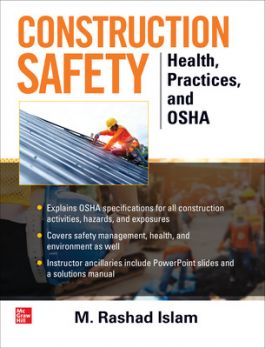DOL to appeal employer health plan ruling

Employers who are currently offering health coverage to their workers through Association Health Plans (AHP) can continue to do so through the remainder of the plan year, despite a recent court ruling that found portions of the Department of Labor’s AHPs rule unlawful.
The DOL announced its intention to not pursue enforcement actions related to its AHPs rule, effectively giving the green light to existing AHPs to continue operating through the remainder of the contract term.
AHPs are organizations composed of employers and individuals formed for the purpose of providing health insurance. The DOL said the rule expanding AHPs – which arose from an executive order signed by President Trump in October 2017 – would make it easier and more affordable for small employers to offer health plans to their employers. However, AHPs members would not be required to provide essential health benefits that small-employer and individual health plans must offer under the ACA. Insurance experts warned that AHPs would drive up ACA rates by drawing younger, healthier individuals out of the ACA-regulated market.
“The Department recognizes that many businesses and employees have obtained health coverage from AHPs in reliance on the final rule before the district court ruling,” according to a statement by the DOL. “Many of these businesses and employees have advised the Department that they are concerned that their health coverage must terminate, which will cause significant disruption. For example, new coverage would impose new deductibles and out-of-pocket maximums without giving credit for prior participant out-of-pocket expenses paid. Moreover, switching insurance can cause gaps in coverage, leaving individuals without much needed benefits for chronic diseases and emergency care until the new insurance becomes effective.”
Responding to a challenge by 11 states, the U.S. District Court for the District of Columbia struck down portions of the AHPs rule in March off this year, because it violated certain ACA requirements for employers, such as a mandate to provide essential services. U.S. District Judge John Bates wrote that the rule "was intended and designed to end run the requirements of the ACA, but it does so only by ignoring the language and purpose of both ERISA and the ACA."
ERISA is the Employee Retirement Income Security Act, a federal law that sets minimum standards for most voluntarily established retirement and health plans in private industry.
The DOL filed an appeal to the ruling in April.
Looking for a reprint of this article?
From high-res PDFs to custom plaques, order your copy today!





.jpg?t=1721257160)

